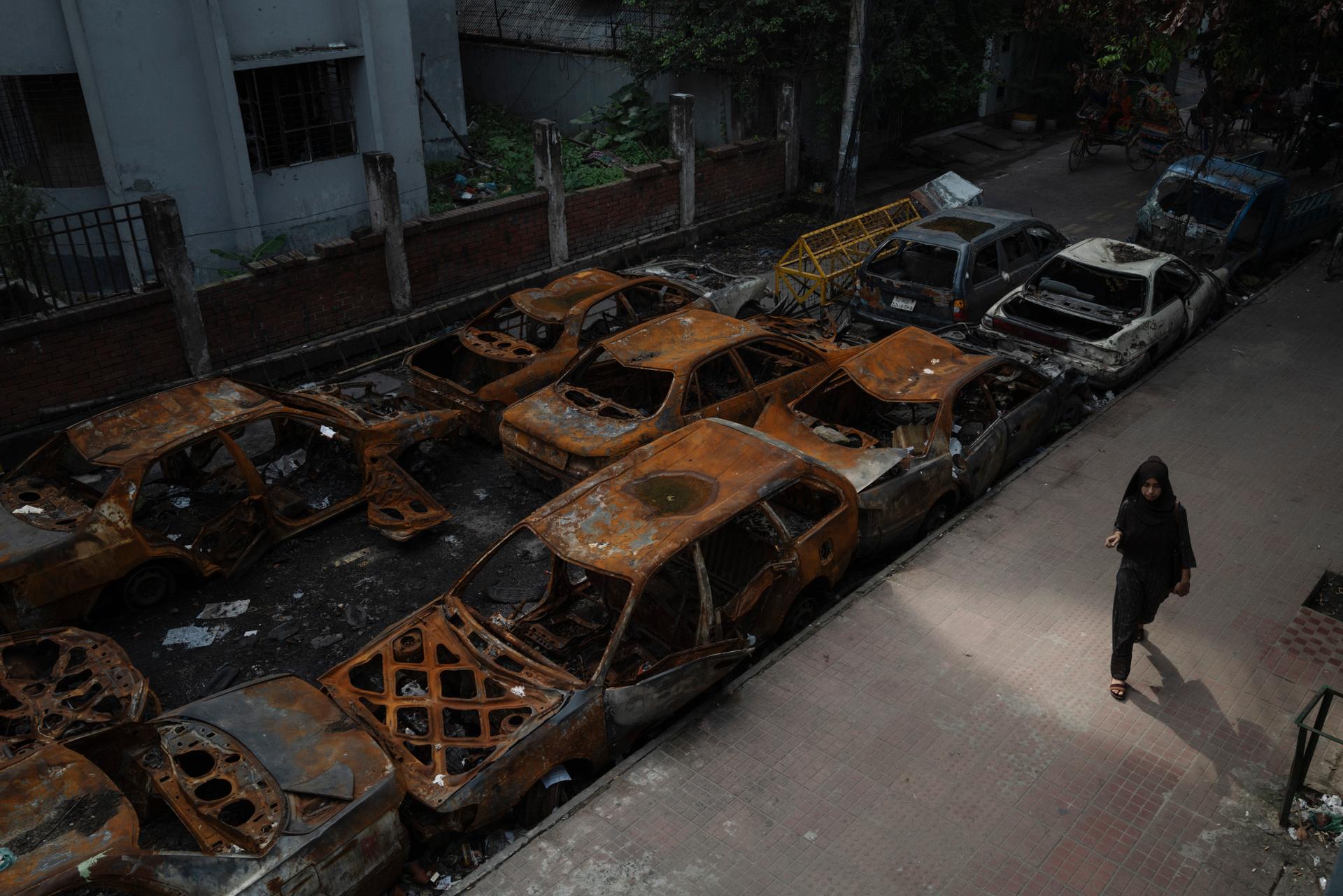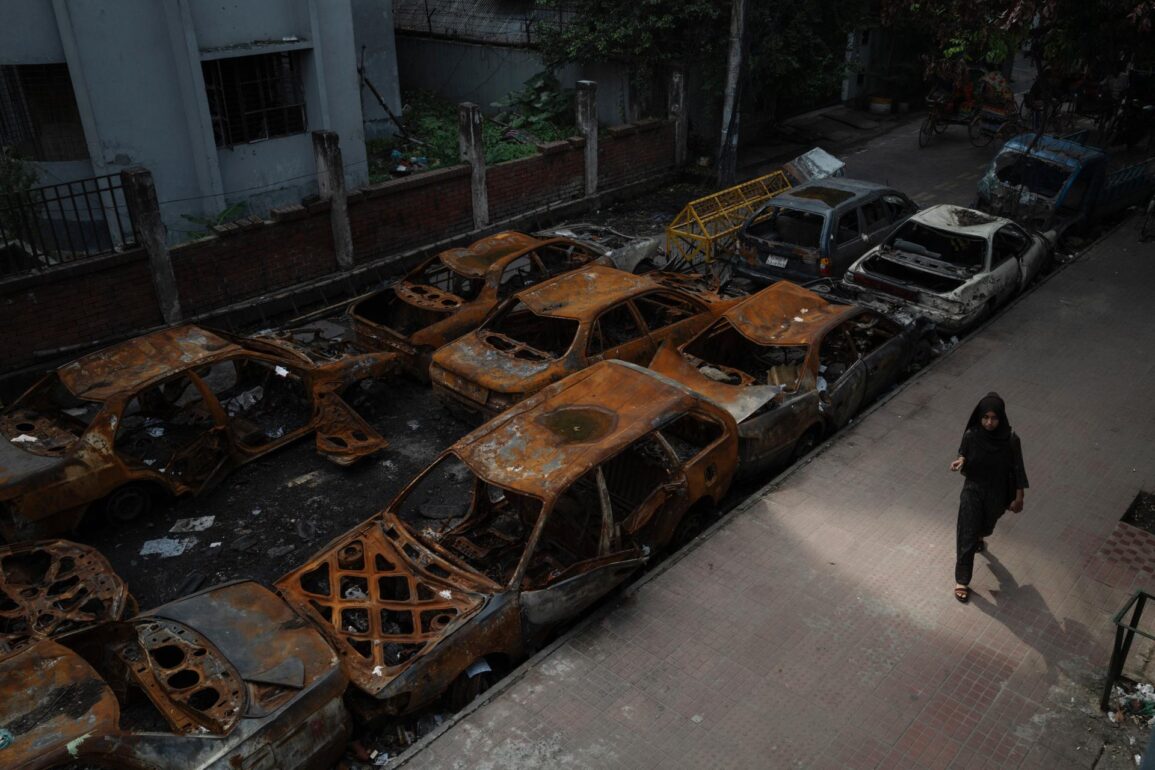At 3 am on August 7, prisoner No. 116 was suddenly wakened by his jailers. As was the case every time he would leave his 2 x 3-meter cell, his hands were handcuffed, his eyes blindfolded and his head covered with a hood. His relatives had had no news of him since he was abducted by Bangladeshi government intelligence services on April 9, 2019. After more than three hours on the road, the minivan carrying him and three armed men stopped in the middle of a rice field. “Don’t call for help. In half an hour, you’ll be able to run away,” they promised him. The minutes dragged on, and the man crouched down, sure that gunfire was about to burst out. “I was convinced they were going to shoot me,” said 45-year-old Michael Chakma, a defender of the rights of the Indigenous peoples of the Chittagong Hill Tracts region, whom Le Monde met in the back room of a Dhaka café, out of sight. For security reasons, he was accompanied by a member of his party.
From prison, he had heard nothing of what happened, but Bangladesh had just undergone an extraordinary revolution. After 15 years of authoritarian rule, 77-year-old Prime Minister Sheikh Hasina, who ordered his disappearance, was ousted on August 5 by a major student movement. An interim government, led by 2006 Nobel Peace Prize winner Muhammad Yunus, took power three days later. Chakma’s would-be executioners had taken advantage of the chaos to abandon him in a forested area near Chittagong, some 200 kilometers from Dhaka, where he saw daylight for the first time in five years.

In the wake of the fall of Bangladesh’s “Iron Lady,” at least three other people have resurfaced under similar circumstances. Among them is Ahmad Bin Quasem, son of an industrialist associated with the Jamaat-e-Islami, Bangladesh’s largest Islamist party. After eight years spent in detention, Bin Quasem was thrown into a ditch on the outskirts of Dhaka on the night of August 6. Abdullahil Amaan Azmi, a former soldier kidnapped in 2016 and the son of one of Jamaat’s leaders, was also released on August 6. Atiqur Rahman Rasel, a student leader of the Bangladesh Nationalist Party (BNP), the main opposition party under Hasina, was dropped off some 30 kilometers outside of Dhaka on August 7. He had been missing for 37 days.
You have 77.95% of this article left to read. The rest is for subscribers only.
This post was originally published on this site be sure to check out more of their content.







